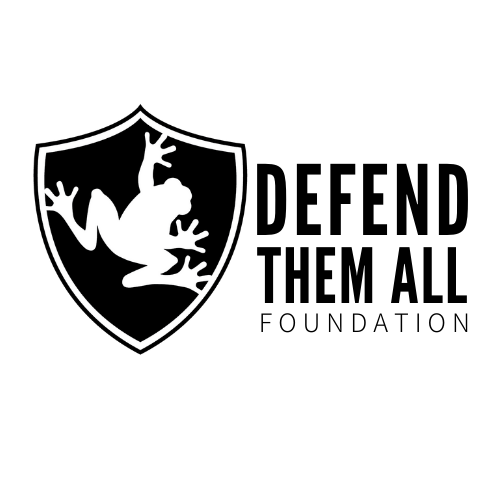Setting the Record Straight On Rodents and Rodenticides in Ontario
Clarington, ON - Rodenticide Free Ontario (RFO) has issued a public response to information presented to the Agricultural Advisory Committee of Clarington by the Structural Pest Management Association of Ontario (SPMAO).
In an Open Letter detailing the dangers of rodenticides and highlighting the importance of precautionary pest management, RFO outlines misinformation presented to the committee by an SPMAO representative [who is also an employee of Orkin Canada] regarding Clarington’s action to protect citizens, the environment, wildlife and companion animals from the dangers of these poisons.
Highlighting the importance of managing rodents in an agricultural setting in a manner that is safe to livestock and to the humans that work with or consume products from them, the Open Letter cites a 2022 publication examining potential risks of rodenticides in animals intended for human consumption by the Food Animal Residue Avoidance and Depletion Program (FARAD)*:
…“there is potential for substantial and severe adverse health risks to humans or animals consuming products from food animals exposed to rodenticides, especially in those individuals already on long-term anticoagulant therapy.” (quoting FARAD at pg. 522†). In light of these risks, FARAD recommends that meat, milk, and eggs of animals exposed to commonly used rodenticides do not enter the food chain. Furthermore, carcasses of animals exposed to these products should be disposed of to prevent ingestion by other animals such as pets or predators.
The high risk of secondary poisoning faced by many of Ontario’s native and at risk wildlife species, especially hawks and owls, is also emphasized.
In light of these hazards and the availability of safer, more economically sustainable solutions, RFO urges the Committee to remove and correct Meeting Minutes containing misinformation; issue a Letter of Support to the Municipal Council of Clarington advocating for the adoption of chemical-free, precautionary pest management policies that prioritize environmental and human health; and engage a professional with expertise in chemical-free pest management to present to the Committee and/or assist in developing educational materials and resources for growers and producers.
* Farad is a USDA-funded university-based consortium that is overseen and operated by faculty and staff within Kansas State University Olathe, the School of Veterinary Medicine at the University of California-Davis, and the Colleges of Veterinary Medicine at the University of Florida, North Carolina State University, and Virginia-Maryland." Food Animal Residue Avoidance Databank (FARAD) (2023). <http://www.farad.org/about-farad.html>
† Mercer, M. A., Davis, J. L., Riviere, J. E., Baynes, R. E., Tell, L. A., Jaberi-Douraki, M., Maunsell, F. P., & Lin, Z. (2022). Mechanisms of toxicity and residue considerations of rodenticide exposure in food Animals—a FARAD perspective. Journal of the American Veterinary Medical Association, 260(5), 514-523. <https://doi.org/10.2460/javma.21.08.0364>
Rodenticide Free Ontario (RFO) is a citizen-led initiative dedicated to defending wildlife, pets, and the environment from the risks posed by rodenticides and advancing preventative pest management policies. RFO is supported by Defend Them All.

